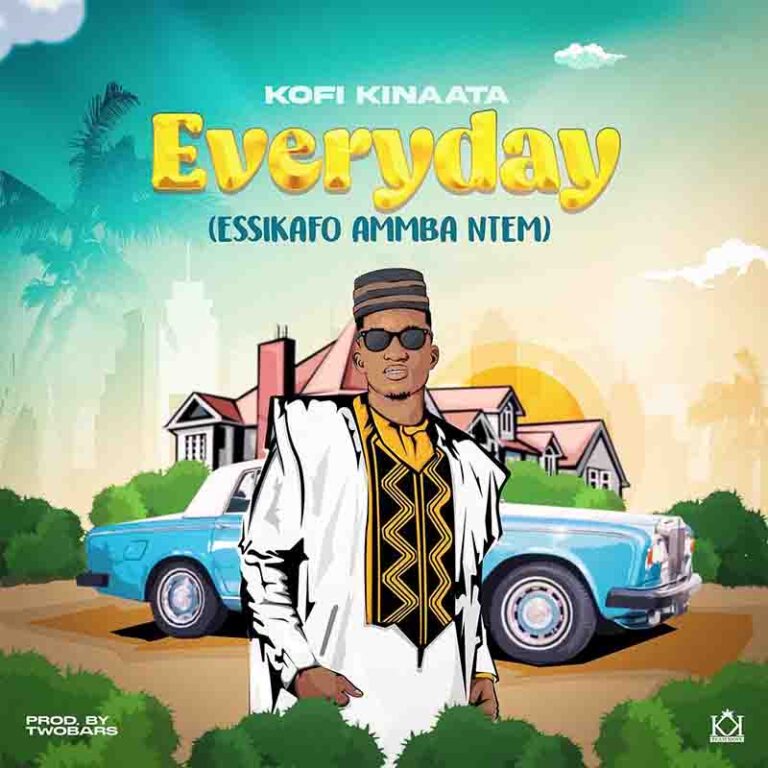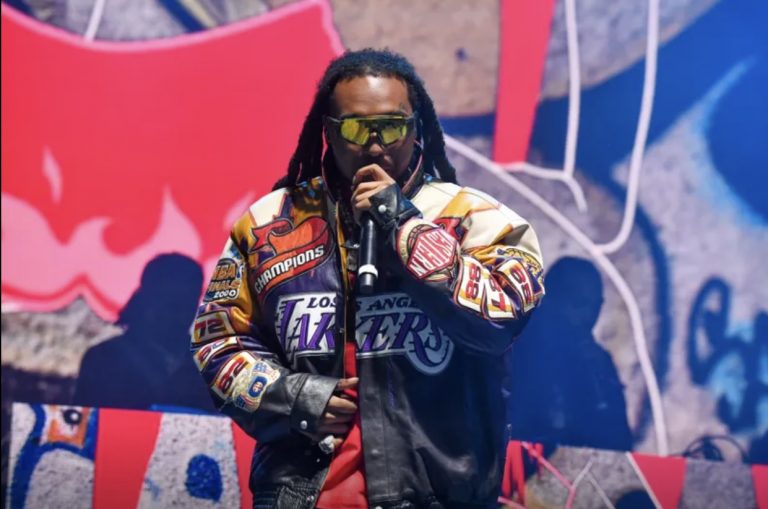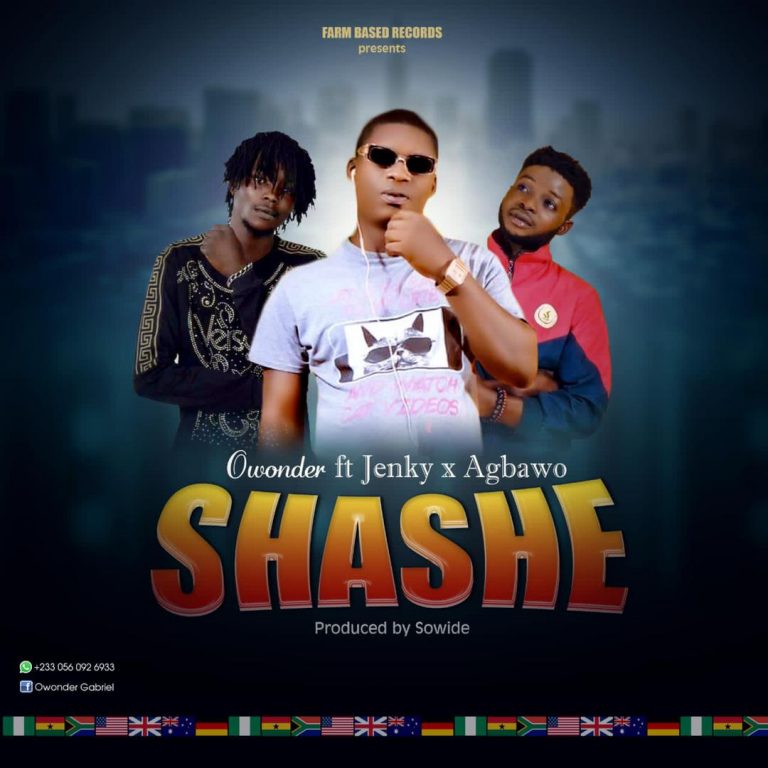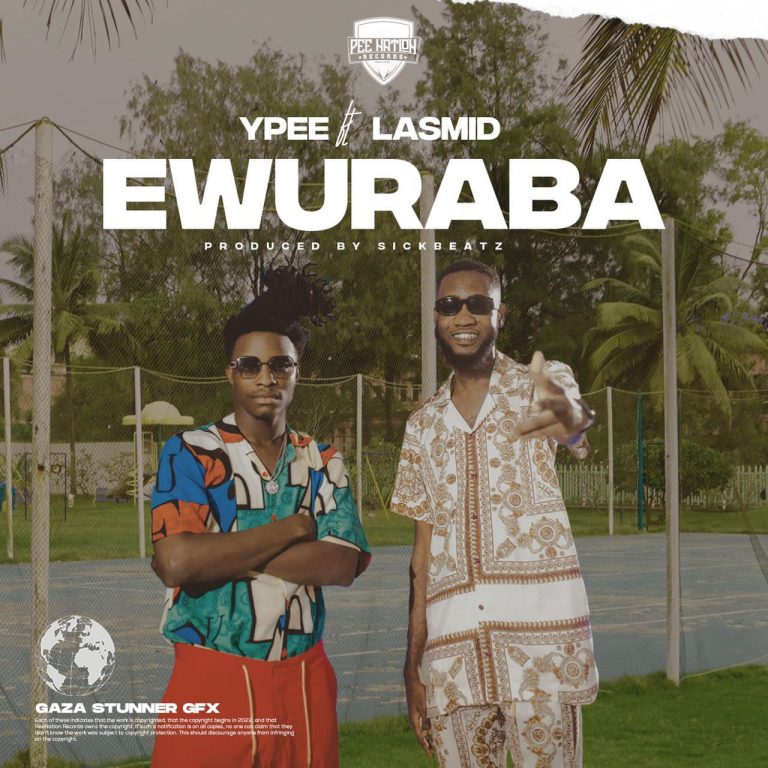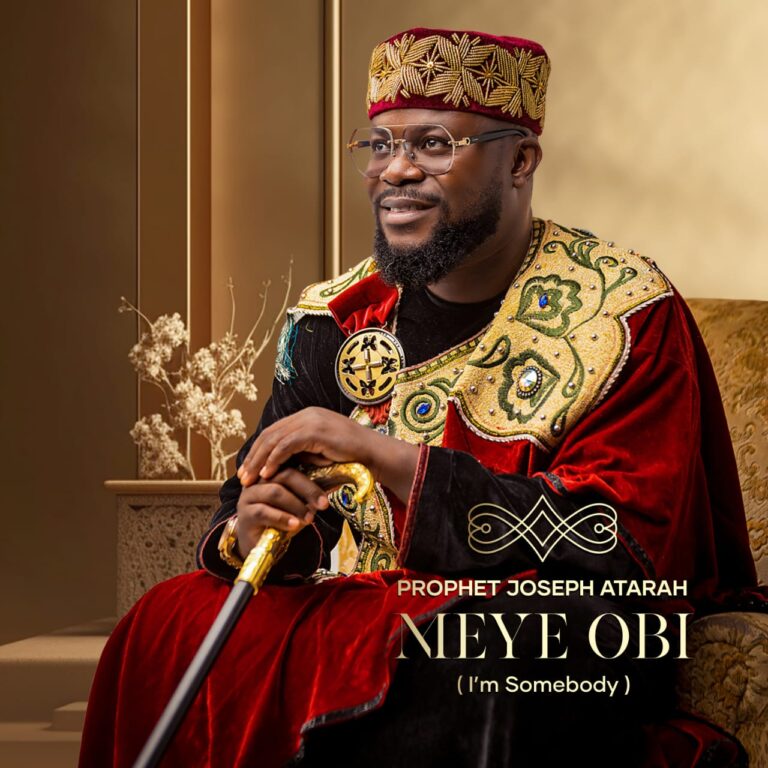 We never called our music HI-LIFE until foreigners stepped foot in Ghana and other parts of Africa. Tribes that inhabited our lands brewed their music from their culture. Adowa being music of the Akans, which just like Hip-hop, has two faces – music and the dance that accompanied it. Same as the Ga people called their music kpanlogo which equally has a dance (just to mention a few.) We performed our music with traditional instruments like the Gome, cowbell, claves, seprewa, flute, jembe etc. Claps cannot be taken from our music because it forms an integral part of it.
We never called our music HI-LIFE until foreigners stepped foot in Ghana and other parts of Africa. Tribes that inhabited our lands brewed their music from their culture. Adowa being music of the Akans, which just like Hip-hop, has two faces – music and the dance that accompanied it. Same as the Ga people called their music kpanlogo which equally has a dance (just to mention a few.) We performed our music with traditional instruments like the Gome, cowbell, claves, seprewa, flute, jembe etc. Claps cannot be taken from our music because it forms an integral part of it.
Foreigners who landed here needed entertainment, hence music was employed. That’s when our music changed. They assembled bands that played to entertain the high profile and rich people in clubs. The audience were the rich and famous in society and they dressed expensively to these clubs to enjoy the music. Most Ghanaians who couldn’t afford this luxury to enjoy the music stood outside and looked on. The outsiders then carved the name HIGH LIFE because they could not afford what it takes to be part of the enjoyment at the time. The foreigners later left but the name HIGH LIFE stayed, hence becoming a genre termed HI-LIFE.
Hi-Life music has changed from its inception. There is the traditional Hi-Life, Burger Hi-life (which was influenced by Ghanaian musicians who traveled to Germany) and contemporary hi-life (mostly a fusion.) Foreign genres like HIP-HOP, R&B, DANCEHALL has always been music that some folks in Ghana enjoyed but never performed until Rockstone broke the hip-hop virginity here and dubbed it HIP-LIFE. Some people also say Ambulley is the first to do rap music, but Rap is different from hip-pop. I really don’t remember the first artist who ever released a dancehall album or single in Ghana that made waves, which both employed the dancehall rhythm and the Jamaican language -PATOIS, though Root-I had a twi song dubbed “sweetie sweetie” back in the days. Afrobeat is the same music Africans have enjoyed over the years, just that the name was birthed a few years ago. 
The internet has made music accessible and affordable in recent times. Youths back in the days gets to hear music on radio or save a lot of cash to afford cassettes, or also journey distances to nearby funerals, outdoorings or parties to enjoy music. At such events, they usually wait patiently for the elders to leave and take over the dance floor. Words like party-gbee, oblitey agbo were churned to describe such youths who will travel the river Nile to listen and dance to music, because music at such functions was free. Music in fact, was very expensive then.
Ghanaians now see HI-LIFE as a minor genre compared to Afrobeats, Hip-hop and Dancehall to the effect that when an artist wins an award in that category, he is not placed on the same pedestal as a hip-hop or dancehall artist. Some industry players even look down on hi-life and others even laugh at it. Just as we enjoy these foreign genres, let’s equally make hi-life attractive and relevant like the other genres (if not bigger,) for that is what has glued the different music of our tribes from time immemorial till date. The award scheme when looking for hi-life songs to award should veer into the gospel genre too, because most gospel songs are traditional hi-life songs, and the scheme should also educate the public to know that a song and an artist are two different things. That is the only way they will understand that an artist can cross genres when it comes to the music. Long live Ghana Music.






